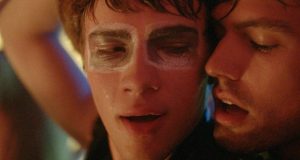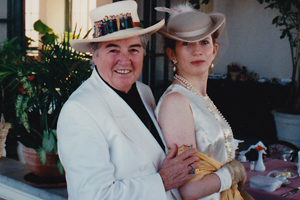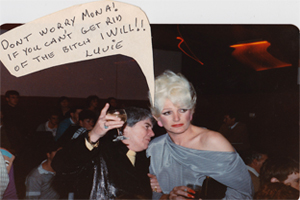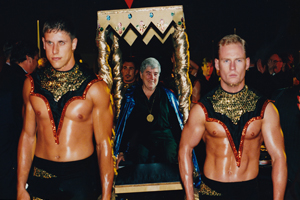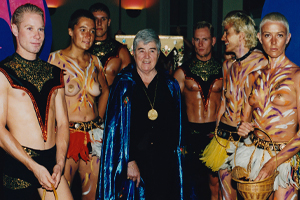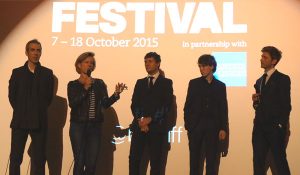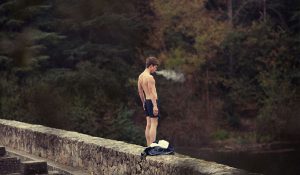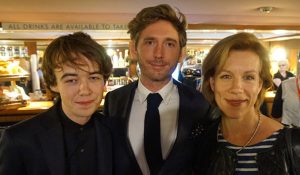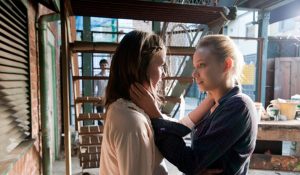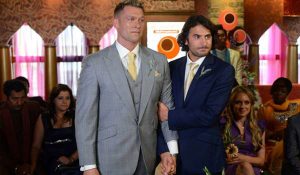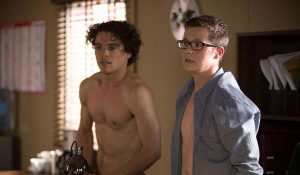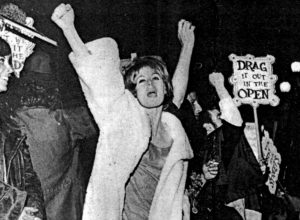No matter who I talk to, hardly anyone understands why it should be a problem to be an openly gay professional football player in 2018. As early as 2013, many German politicians as well as high-ranking club functionaries and representatives of professional associations took a stand and signed the “Berlin Declaration” – a position paper against homophobia in sport. We know that there are gay football players, and club-internally they receive professional guidance and management. But towards the outside, the silence is maintained.
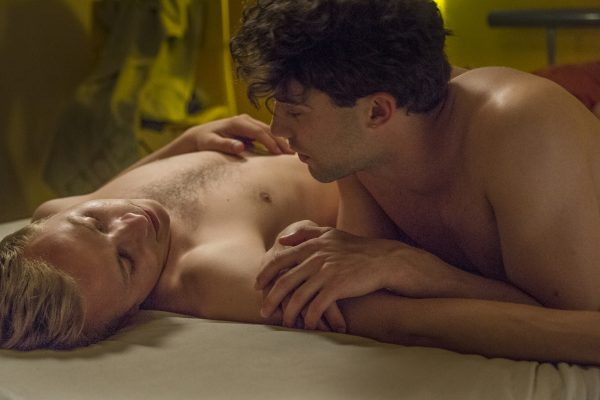
Coming out in professional football is still a taboo. The blame for this is passed back and forth. Some say reactionary fan groups are the problem. Others point to the sponsors, who could bail out. Or individual players from chauvinistic cultures who would not be able to deal with the situation. Corny Littmann, former President of the St. Pauli football club in Hamburg, Germany, and gay himself, gave an interview on the topic in 2012. Asked why not a single player had come out as gay yet, he answered that this would be stupid. “Only a fool would do that.” Littmann regards the world of football as a professional field lacking the social competencies to deal with a coming-out.
Homophobic clichés and small-mindedness are still widespread, according to him. On average, a football player can pursue his career for 16 years and changes clubs every two to three years. He is a commodity, bought and sold again as lucratively as possible. An openly gay player would, however, encounter problems when trying to find a new club. He would be seen as “difficult”, even if his athletic performance were high. Coming out would therefore destroy his market value – and with it his entire career. So is everything, as so often in our society, a question of money?
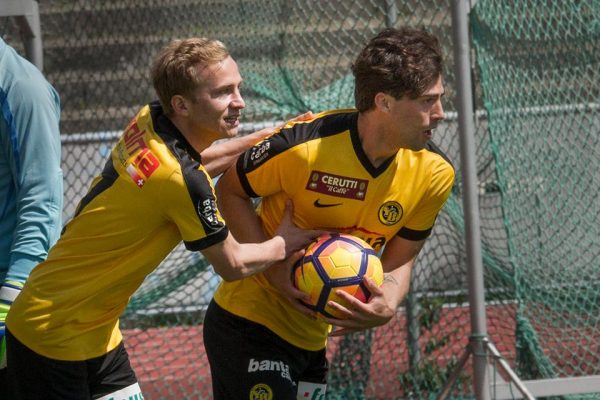
In 2018 the FIFA World Cup will be carried out in Russia, a country that discriminates against and ostracises homosexuals. 2022 will see the World Cup in Qatar, a country that punishes homosexuality with five years’ imprisonment or 90 whiplashes. As we know, football is big business, and FIFA will make sure that nothing comes in the way of that – least of all the gay question. And we will follow both cups with excitement, and we will pay to see the games. In the end, the current status quo regarding homosexuality in professional football is a contract we have all entered into. But the weight of self-denial is a weight that the gay players carry alone.
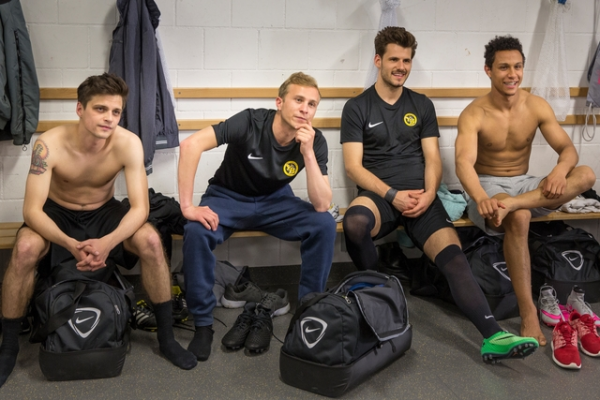
When screenwriter Thomas Hess approached me in 2010 with his idea to make a feature film on the topic of gay love in professional football, my first question was: Hasn’t that film already been made? The topic was already present in the media, but our research showed that, apart from numerous news features, there was only a comedy dating from 2004.
The great football love story, however, had not yet been made for cinema. This is why I committed to the project. Apart from the topical relevancy, I felt very much like making another love story twenty years after “F.est un salaud”. Since classical literature, love stories that are framed by any kind of forbidden love have moved us the most. I saw the opportunity to tell a truly moving story in the given social context of a modern forbidden love. It was important to me to illustrate this context as realisticallyand contemporarily as possible. The football club BSC YB from Berne, Switzerland, generously supported me during the research and script development phases. During shooting BSC YB and the St. Pauli football club provided us with infrastructure, materials, and their names, for which I am very grateful.
Marcel Gisler
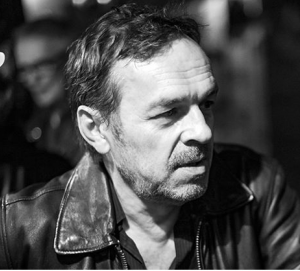
Director and co-writer of MARIO – Marcel Gisler




